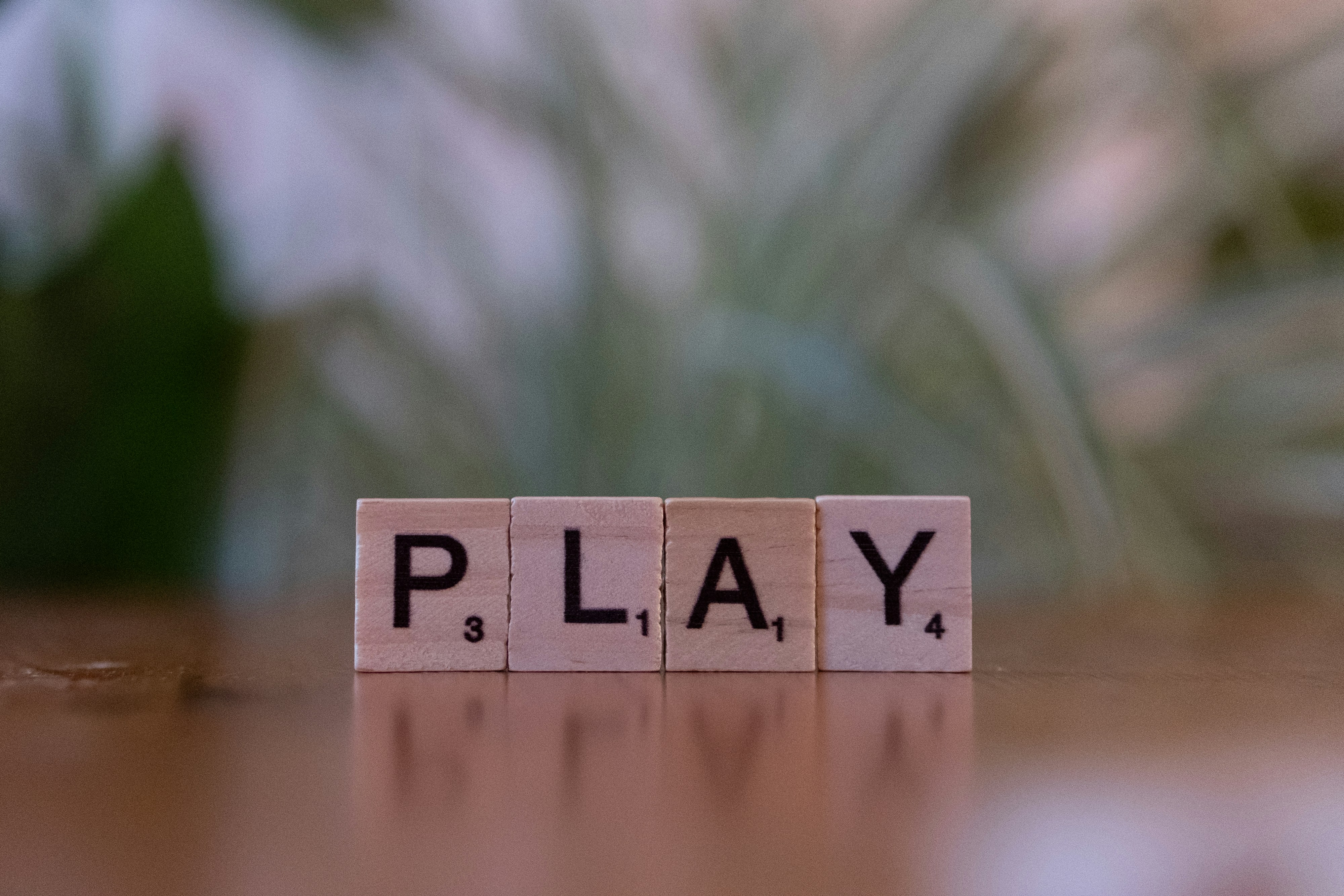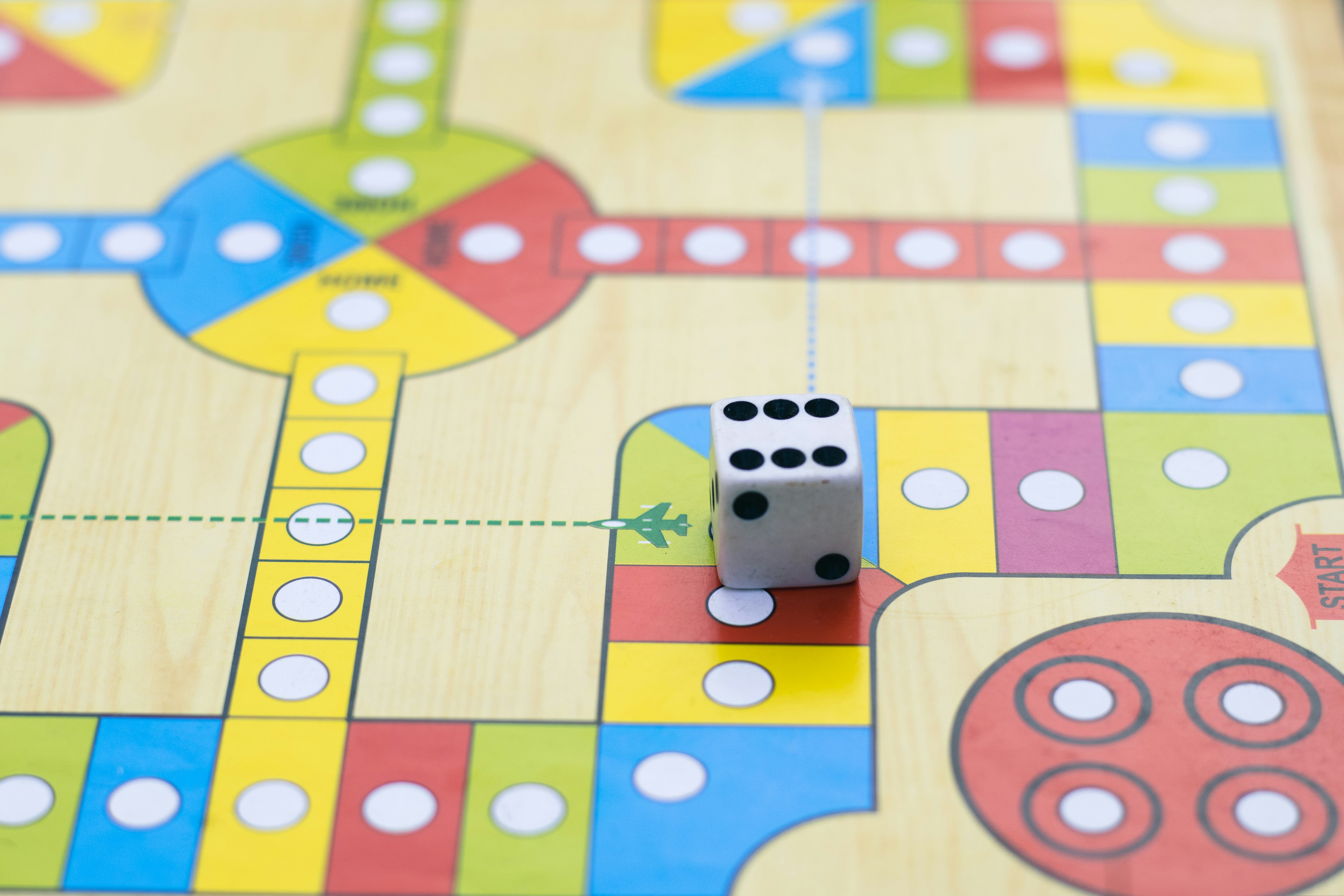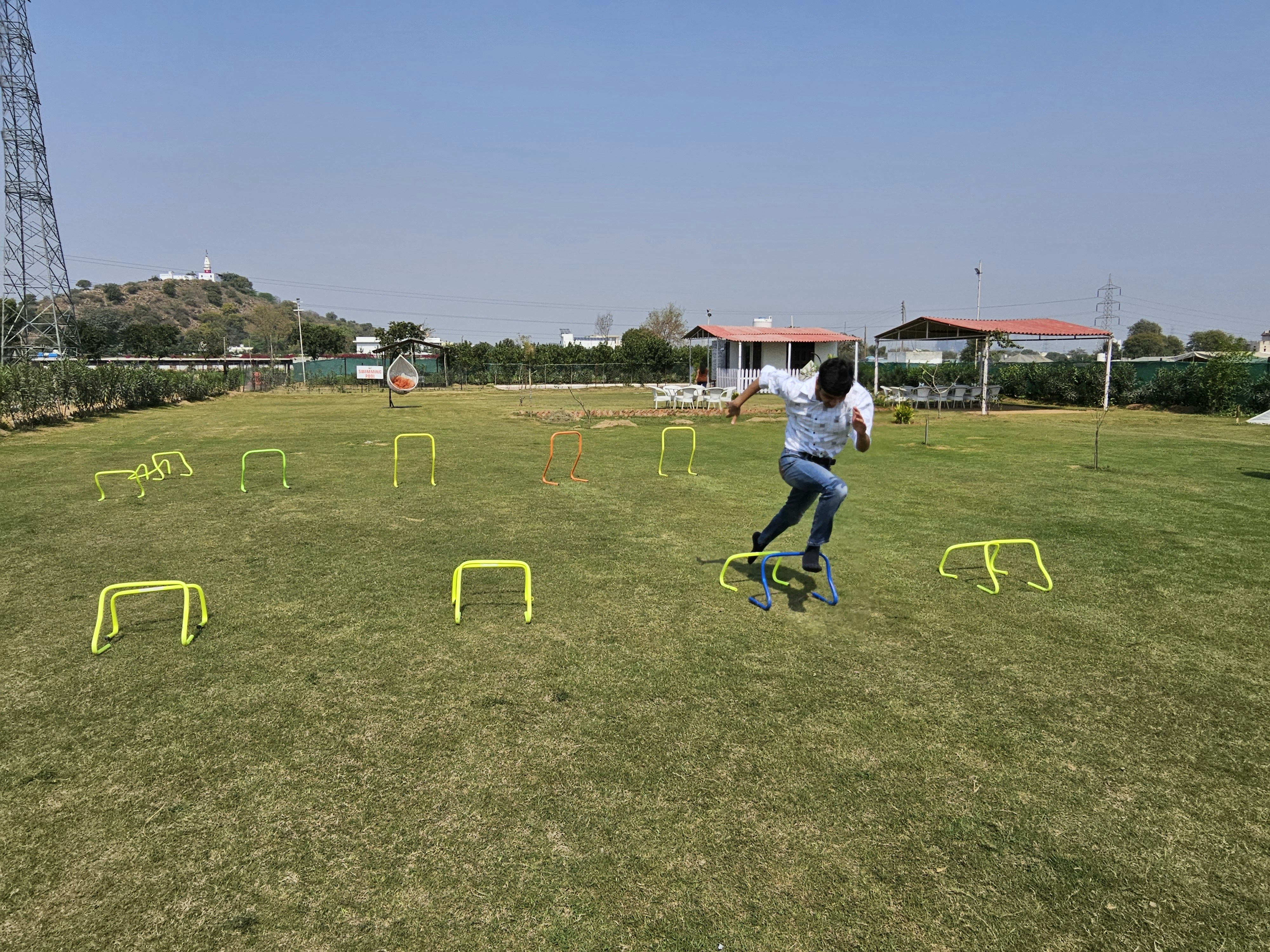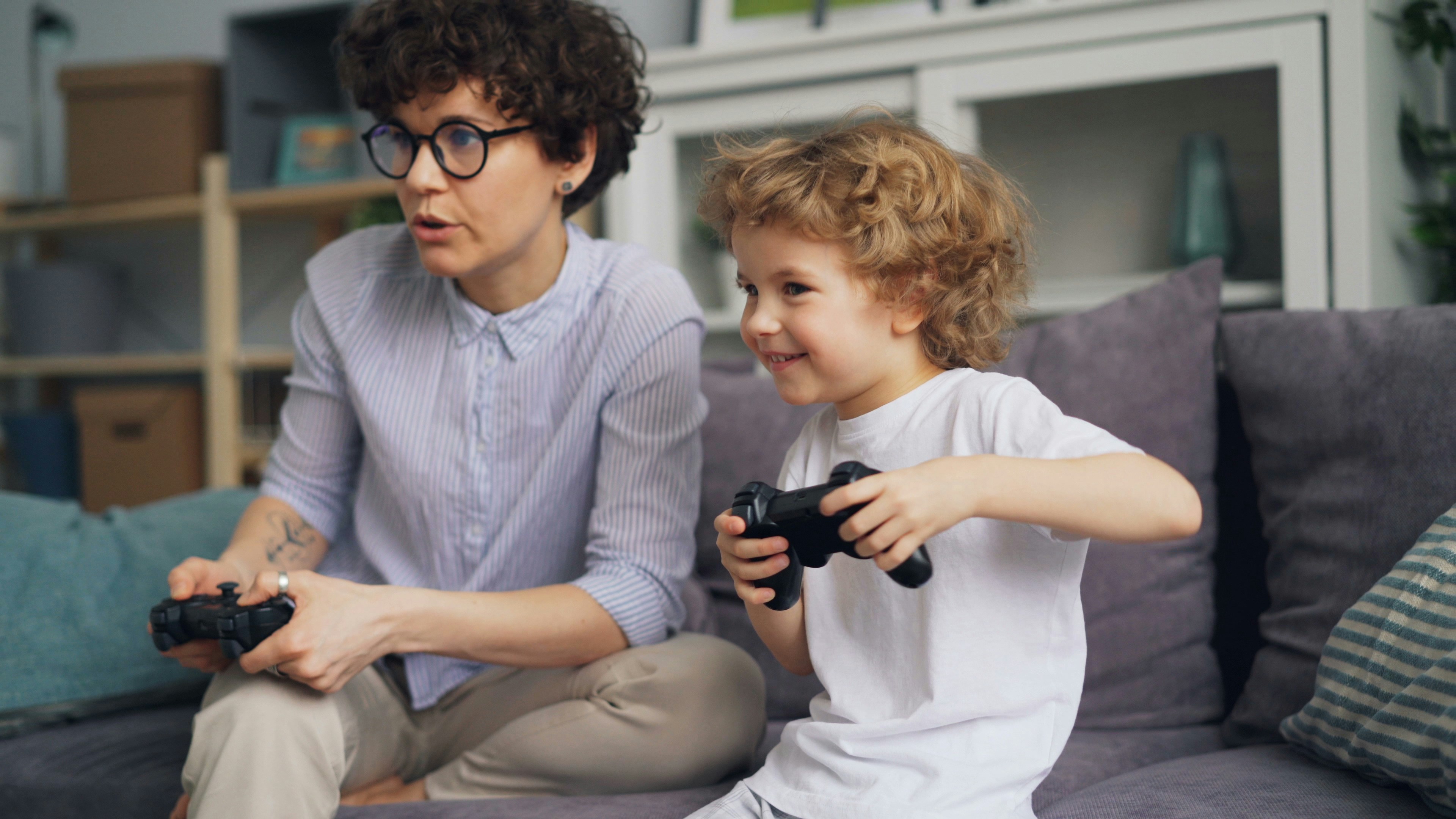Harnessing the Power of Play: Adult Games for Stress Relief and Mental Clarity
In an age where stress and anxiety loom large over our daily lives, it's crucial to explore innovative ways to reclaim our mental peace and clarity. Most people associate “play” with childhood and neglect its transformative power for adults. The truth is, engaging in adult games can be a wonderful avenue for stress relief, mental clarity, and deep personal connection. In this article, we'll dive deep into how playtime isn't just child's play; it's an essential tool for enhancing wellness in today's fast-paced world.
The Psychological Importance of Play
Play is often dismissed as an activity reserved for children, but as adults, we also stand to gain tremendously from allowing ourselves to engage in playful activities. According to research from the American Psychological Association, play is essential for a healthier mind. Adult play can stimulate brain function, enhance problem-solving abilities, and provide opportunities for social bonding. The benefits are compelling: the act of play releases neurotransmitters like dopamine and endorphins, which are responsible for positive feelings, reducing stress levels significantly.
Experiences can vary, of course. Whether you're a competitive gamer or someone who enjoys cooperative board games, understanding how play can enhance mental wellness can be invaluable.
Board Games: The Mind-Sparkers
Playing board games can be a unique way to break free from routine and delve into creative problem-solving. Games like Catan or Carcassonne let players immerse themselves in rich narratives and strategy, engaging cognitive functions that might otherwise remain dormant.
When you play, you actively engage in 'theory of mind'—understanding other players’ motivations and predicting their actions. Such activities can enhance mental flexibility and improve social intelligence. Plus, these games act as an excellent icebreaker for gatherings, transforming strangers into friends. For further exploration on how games impact the mind, check out this insightful article.
Digital Games: A New Frontier
In recent years, digital games have emerged as prime tools for relaxation and mental engagement. Titles like "Journey" encourage immersive storytelling that can evoke emotional weight and stimulate creativity. The blend of visual artistry, ambient music, and user interactivity helps in clearing the mental fog.
Study results published by the International Journal of Human-Computer Interaction suggest that casual gaming can foster a state of flow where time blurs, and the mind can decompress. Engaging with these types of games can be beneficial in small doses, offering distraction and mental escapism during stressful times.
If you're curious about the well-being aspects of sound and games, consider exploring the healing vibes of soundscapes and how they blend with gameplay.
Physical Games and Movement
While digital and board games are excellent for mental engagement, physical games have their own unique set of benefits. Think of games like frisbee or sports like volleyball; they require physical movement while also fostering social interaction. Physical games can reduce stress and anxiety levels through the release of endorphins and improve mood.
Research has shown that movements like dancing or team sports can enhance emotional well-being significantly. These activities lend themselves to the concept of embodied wellness—physicality impacts emotional states, proving that movement really can change how we feel. For an in-depth look at physical engagement, check out this intriguing exploration of dance as a healing form.
Mindfulness Through Play
Incorporating a mindfulness element into games can elevate the experience further. Single-player games can promote immersive mindfulness, where the player can get lost in the world and experience calm. Games like “Stardew Valley,” where the focus is on farming and community, can be therapeutic, encouraging a slow, deliberate pace.
Mindfulness isn’t just about the absence of activity. It’s actively engaging in motion and focusing on the task at hand. Such games can cultivate an excellent opportunity for reflection and emotional processing. In this context, play paves the way for both relaxation and personal growth.
For those interested in fostering mindfulness, you might find these mindfulness techniques particularly intriguing.
Cooperative Gaming for Social Bonding
Cooperative games offer unique possibilities for connection among players. Engaging in a game where collaboration is vital—such as "Overcooked" or "Keep Talking and Nobody Explodes"—can foster teamwork, trust, and communication. These skills transcend the gaming world and can spill over into personal and professional relationships, enhancing social skills and emotional intelligence.
Play breaks through barriers; it's often simpler to connect with others when you're participating in a joint activity. By fostering communication and patience, such shared experiences can deepen bonds and facilitate healthier ways of interacting.
Expanding Your Playful Horizons
It's essential to understand that play exists in myriad forms. As adults, we have the freedom to create our own definitions of play that can be tailored to individual needs—this could be through art, movement, storytelling, or even culinary experiences.
activities like adult coloring books can bring an element of fun while promoting relaxation. Engaging in art allows for an emotional outlet that can rejuvenate the soul. Plus, delicious cooking experiments can turn mundane routines into culinary adventures, providing satisfaction both mentally and physically.
If you're interested in how cooking can be a meditative practice, learn more about culinary traditions that can promote mental wellness.
Getting Over the Mental Hurdles
One of the significant barriers to play in adulthood can be the stigma surrounding it—play is often viewed as frivolous or irresponsible. However, embracing play isn’t just about entertainment; it’s crucial for mental well-being. Dismantling such attitudes begins with understanding that play can enhance productivity, creativity, and resilience.
Look for opportunities every day to engage in play, whether it’s through a quick game on your phone, exploring puzzles, or joining a local sports league. The key is to start small; allow yourself the grace to rediscover joy and laughter through playful engagement.
Final Thoughts: Bringing Play Back Into Your Life
In our fast-paced, high-stress world, fostering a playful spirit can serve as an enriching counterbalance. The games we play can support mental clarity, allowing us to reset, unplug, and reconnect. By embracing various forms of adult play—whether they’re cooperative games, physical activities, or creative pursuits—we can reignite old passions and discover new ones, facilitating emotional well-being and resilience.
So, whether it’s engaging in a board game with family, diving into a virtual world, or cooking a bold, new dish, remember that play holds an essential role in your wellness journey. Let it lead you towards deeper connections, restored mental clarity, and ultimately, a happier, healthier life.








